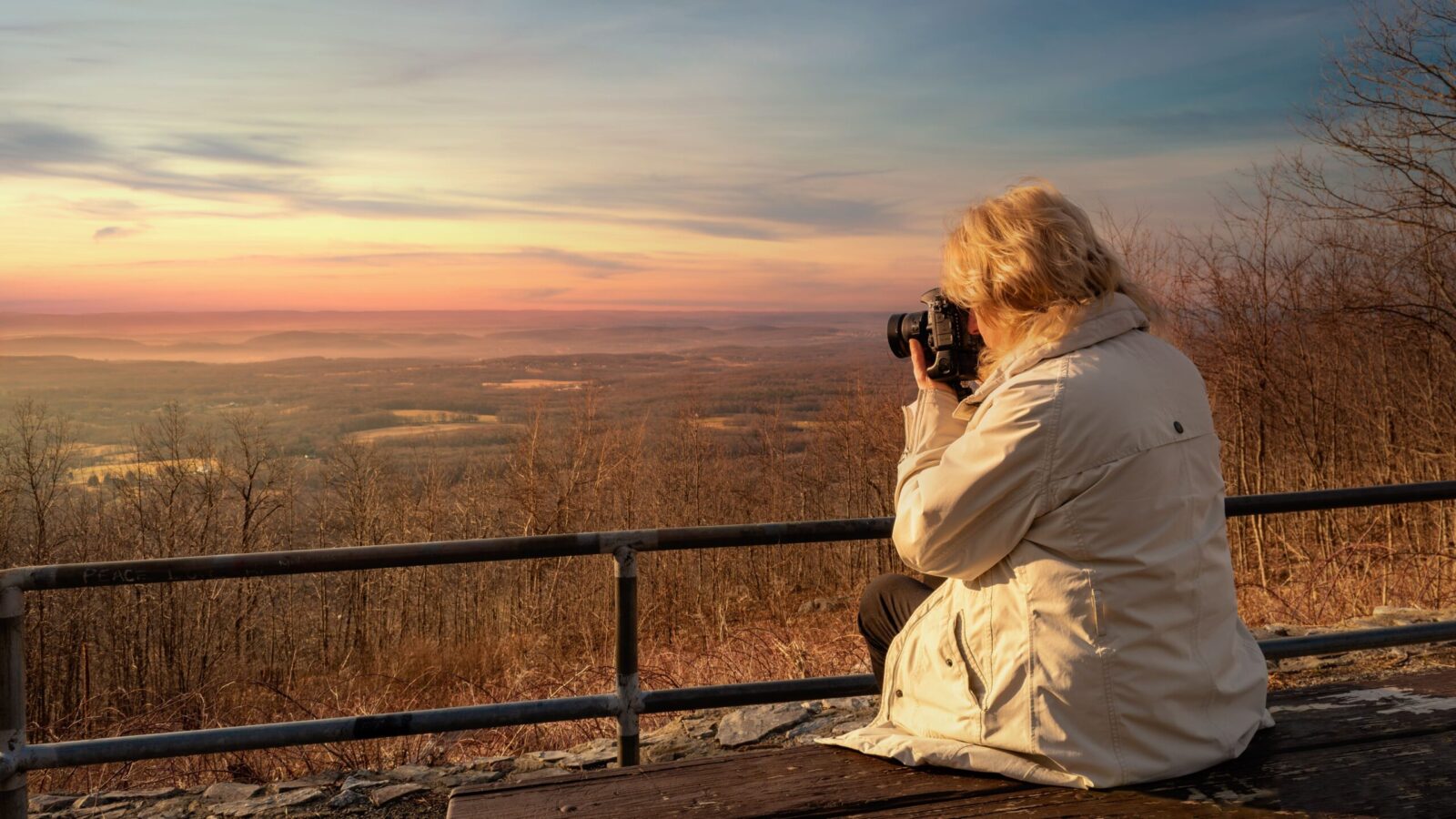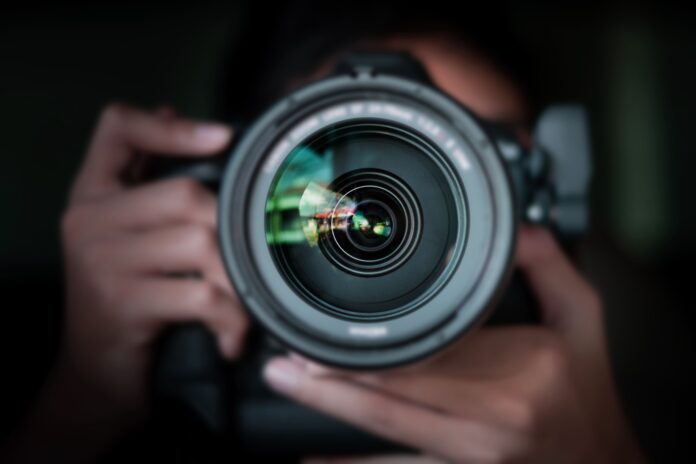A picture is worth a thousand words. Photography is a very powerful visual medium that can capture various emotions: happiness, anguish, desperation, courage, inspiration, and so on. An image can freeze time, forge a revolution, and stir action. In other words, a photo communicates a message that’s seen by our eyes and felt in our hearts.
But, a good photo doesn’t happen by accident. It takes a great eye, angle, and timing, among other elements to conjure an impactful and sometimes historic snapshot.
Whether you’re a photography enthusiast or just want to take shots occasionally to kill time, take heed of these pointers to get better at shooting photos:
Learn The Basics Of Photography
Photography has evolved and taken many forms. There’s wildlife and nature, scientific, underwater, aerial, sports, documentary, street, and fashion photography among many other forms. Each has its own established style and intricacies and preferred types of camera set ups.

Before you reach that level, start with the fundamentals, such as becoming familiar the following terms:
- Shutter Speed: Refers to how fast the shutter speed opens and closes to get the light in
- Aperture: Also called f-stop, this regulates the amount of light that’s facilitated by the lens into the camera.
- ISO: This refers to your camera’s sensitivity to light. Typically, the higher ISO, the faster the shutter speed and the grainier your photo will become.
- Exposure: Determines how dark or light your picture will be, based on the ISO, aperture, and shutter speed settings. Underexposure means it’s too dark, while overexposure means the opposite.
- White Balance: Balances the colour temperature in the image. Depending on the light source and time of the day, your photo may appear reddish, yellowish, or bluish. A well-adjusted white balance setting in your camera makes photos look better.
Despite the different types of cameras in the market today, each model will contain these factors that you can adjust based on your preference and the shooting conditions.
Know Your Camera
To know what your camera is capable of and how you can maximise its potential, read the manual or explore the functions of your machine. Don’t be afraid to experiment on its various features.
Choose The Right Lens
The lens is perhaps the most critical part of the camera, so photographers don’t have second thoughts about investing in pricey ones. Because there are many types of photography, there are also various types of camera lenses. Your choice of lens will depend on the shooting environment and desired output.
Know How To Adjust The Settings
These days, most cameras have auto pre-adjusted settings that you have to choose depending on the shooting environment. Learn how the ISO, aperture, white balance, and shutter speed are adjusted. Input your own default setting and adjust as necessary.
Discover The Elements Of A Good Photograph
Now that you know some of the basic photography terms, it’s time to briefly find out what makes a good photo.
- Light is one of the most crucial components because it highlights the scene or subject you want to capture. Whether natural or supplemental light, you’ll need high quality light and know it’s direction to take great photos.
- Colour sets the tone of the shot and is crucial in provoking a specific emotion you want to target in your viewers. A play of colours can send a message of horror, mystery, gloom, or any positive feeling.
- Moment appropriately captures the “right here, right now” of the main subject and the background objects
- Composition focuses on putting together your main and background subjects and how these interact to highlight a specific portion
- The distance of the photographer to the subject, whether deliberate or not, will impact the overall vibe of the image.
There’s no right or wrong way to do it. Getting a good photo depends on how the photographer plays up with these elements to make it work.
- Learn Composition Techniques
Being good at composition takes time. While some photographers eventually get good at it through experience alone, it doesn’t hurt to tap online and offline resources to absorb the theories which you can apply on your next photo session.
- Practice A Lot
It takes a lot of patience and trial-and-error to be good at anything, photography included. While some skills take years to master, your passion to be great at your craft is always there. Explore all angles and viewpoints to know what works best for a specific scene, and let your peers and colleagues critique your work.
- The Final Shot
There’s no one-size fits all or an overarching advice for getting good images. It’s all about learning the basics, being familiar with your camera, exploring what works and what doesn’t, and learning more skills along the way.

























